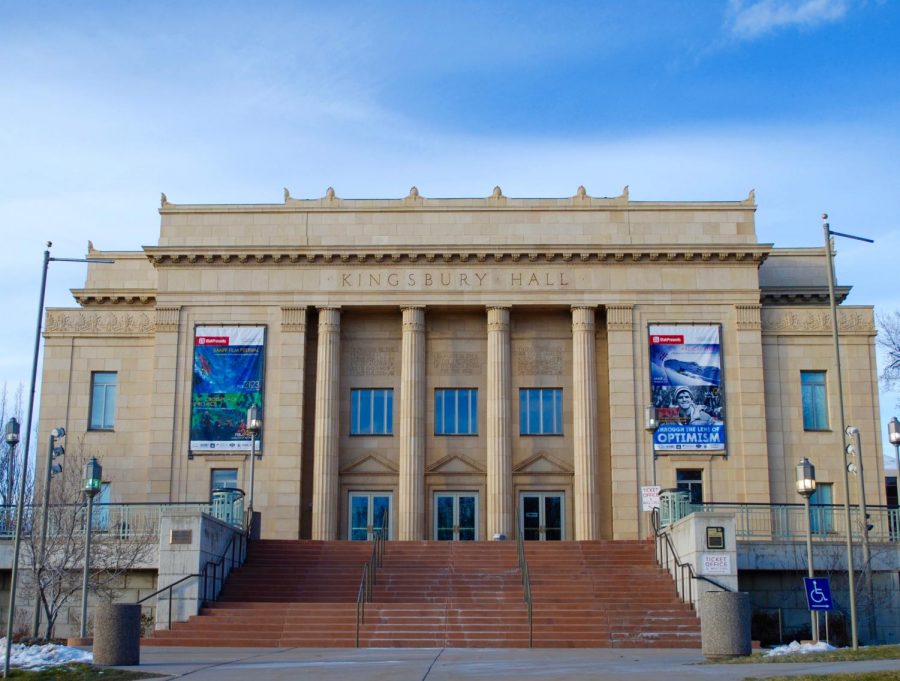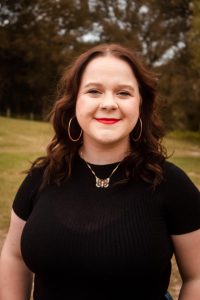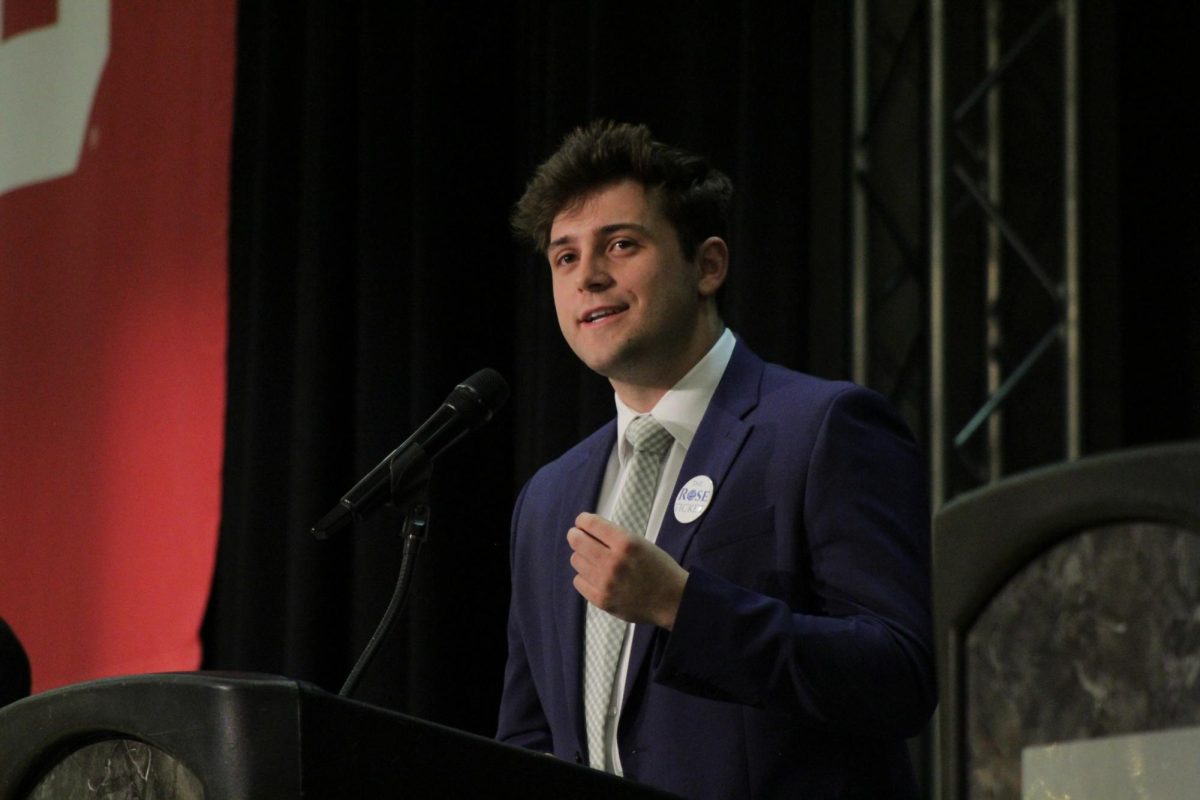How the Vice Presidential Candidates and Debate Will Affect the Election and U students
August 14, 2020
On Oct. 7, the University of Utah will be hosting the 2020 Vice Presidential Debate at Kingsbury Hall, the first-ever national debate to be held in Utah. The debate will feature current Vice President Mike Pence and newly announced running mate of Joe Biden, Kamala Harris.
Before Biden made his choice for VP, he had almost a dozen candidates he was vetting, all women, and he formally announced Harris as his running mate on Aug. 11.
Juliet Carlisle, associate professor of political science and an affiliate faculty member in environmental and sustainability studies at the U, said one of the main factors in choosing a running mate is their individual background and who voters will identify with. Harris is the first Black and the first Asian American candidate to receive the Vice President nomination by a major party.
“It could also be they’re trying to mobilize the population. So choosing a woman perhaps might be considered an effort to mobilize women to that particular candidate. And some people have suggested that state or region matters, but statistics I have found have actually shown that it doesn’t matter as much as we think it does,” Carlisle said.
On top of this, Biden would be the oldest president elected. The Washington Examiner reported Biden said this puts even more pressure on the future vice president, as he needs someone who could take over.
“I think the real question, given Biden’s approach to this, is how well they would get along. And whether they would be able to work together in the way that I think Biden thinks a vice president should work with a president, which again is largely modeled on his experience with President Obama. And so I think he feels like he wants somebody that he can turn important projects over to,” said Matthew Burbank, professor of political science at the U.
Harris has served as the California Attorney General and most recently as a US senator from California.
The COVID-19 pandemic also changes many aspects of the campaigning and voting processes, as well as the plans for the debate.
U communications specialist Shawn Wood said the pandemic has changed almost every aspect of the debate, but they are still committed to including students in the debate.
“It just offers a unique playing field for the entire election. And so, you know, what will the debates look like? Well, you know, I think there’s question right now of whether there will be an audience or not. So there’s some really different things that are unique to this particular election,” Carlisle said.
Wood shared that the U plans to have a small audience, approximately 120-150, filled with students who will be chosen via an optional lottery. Any student who enters the lottery is required to provide their social security number and citizenship status for background checks.
In addition to having students in the hall, Wood said the U plans to incorporate this debate into all levels of the U.
“The idea of having this is that the educational component of the vice presidential debate last well beyond that night, the students understand the importance of being engaged, they feel part of it, and then they use what they learn from this going forward because it is still a major educational opportunity for the university for our students,” Wood said.
The pandemic also impacts the ways politicians can campaign, as Trump’s large rallies are not as feasible anymore.
“We’re just not likely to see any of those big in-person events, given the nature of COVID. So, with that circumstance, what this suggests is that advertising is probably going to play a bigger role than it typically does for presidential candidates. Both candidates are buying a fair amount of television time or spending a lot of money on online ads,” Burbank said.
While Salt Lake City is more liberal-leaning than the rest of Utah, both Burbank and Carlisle do not think this debate will have any impact on who watches the debate or the election in general.
“One of the interesting things about Utah was if you look back to the 2016 election, a lot of Utahans didn’t necessarily support or prefer Trump or vote for Trump who might otherwise have voted for the Republican candidate,” Carlisle said. “But I think what’s special about it, you know, for the university, I think it’s a really exciting moment to be a part of a national political election,” Carlisle said.
Burbank thinks the U was chosen to host the debate because it is different than most of the previous locations.
“Most of the places holding the presidential debates were all kind of in the East or the Midwest. And so there was a sense that maybe they need to have someplace different. Utah got kind of qualified as someplace different,” Burbank said.
The vice presidential debate is important for voters to hear what their potential vice presidents think about certain issues and compare the two candidates. However, Carlise believes it is unlikely the debate itself will change any individual voter’s political party or who they will vote for.
“I think a couple of important things to remember is that the role of the debate in changing people’s minds is minimal… It’s really sort of a celebration, if you will, to get excited about your candidate,” Carlisle said. “A lot of what we get from the debate is shaped by the media we watch, how the media recounts and relives and frames the debate and who performed well. So oftentimes, it is not the debate itself that influences our perceptions, it’s the media aftermath.”
k.silverstein@dailyutahchronicle.com













